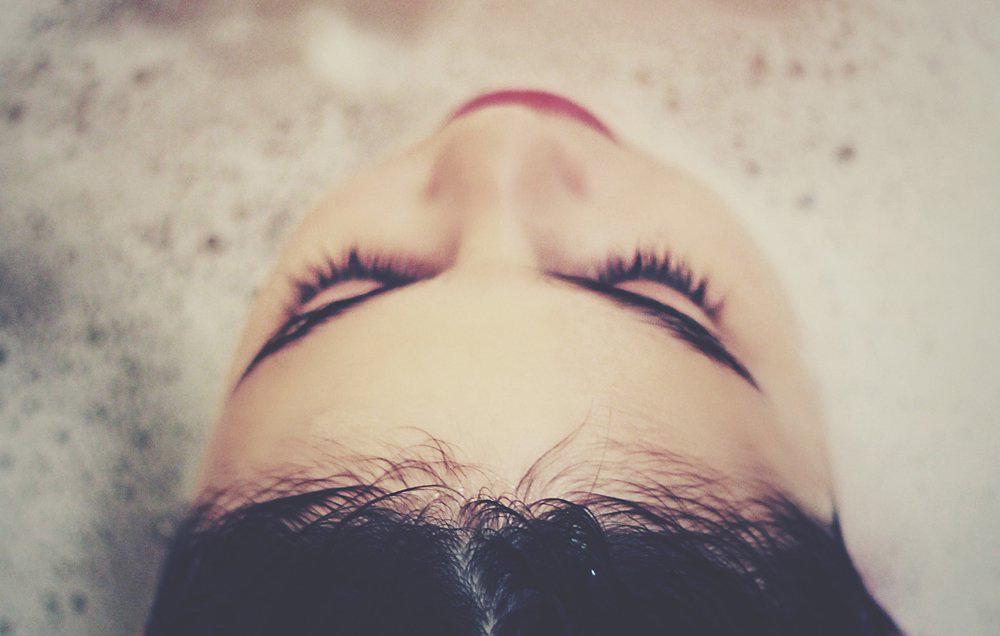Does A Hot Bath Really Burn As Many Calories As Exercise?
Here’s what you need to know.
It’s a pretty neat discovery, but you shouldn’t swap your regular gym sessions for hot baths just yet. You’re always burning calories, even when you’re just sitting on your butt, and the amount of calories each person burns doing a certain activity varies depending on a few factors, including their weight and body composition. Since these were men—and some of them were overweight—it’s likely that they’d burn more calories in the bath than an average-sized woman (meaning, you might not even burn 140 calories in the tub). And while 140 calories in an hour isn’t anything to brush off—that’s about the equivalent of a craft beer—you can burn that amount and then some so much faster by going for a run, lifting weights, or hitting the elliptical. Plus, you’d be seriously prune-y after an hour in the tub. (The Slim, Sexy, Strong Workout DVD is the fast, flexible workout you’ve been waiting for!)
Wider says more research is needed since the study was so small, but it demonstrates how “heath shock proteins,” a family of proteins that are produced by your cells in response to stressful conditions, can become elevated during both exercise and passive heating, like when you’re taking a sauna or hot bath. “These proteins may help the function of insulin and improve blood sugar control,” she says. And, if your blood sugar is controlled and even, you’re less likely to suffer from blood sugar crashes which can leave you feeling hungry—and make you more likely to overeat.
“The benefits of exercise have been well-established,” she says. “Even if future studies support the health benefits of passive heating, nothing replaces the multitude of benefits a person will get with regular exercise.” But, hey, if you want to lounge in a hot bath after you work out, it’s cool to know that you may end up burning a few extra calories in the process.







